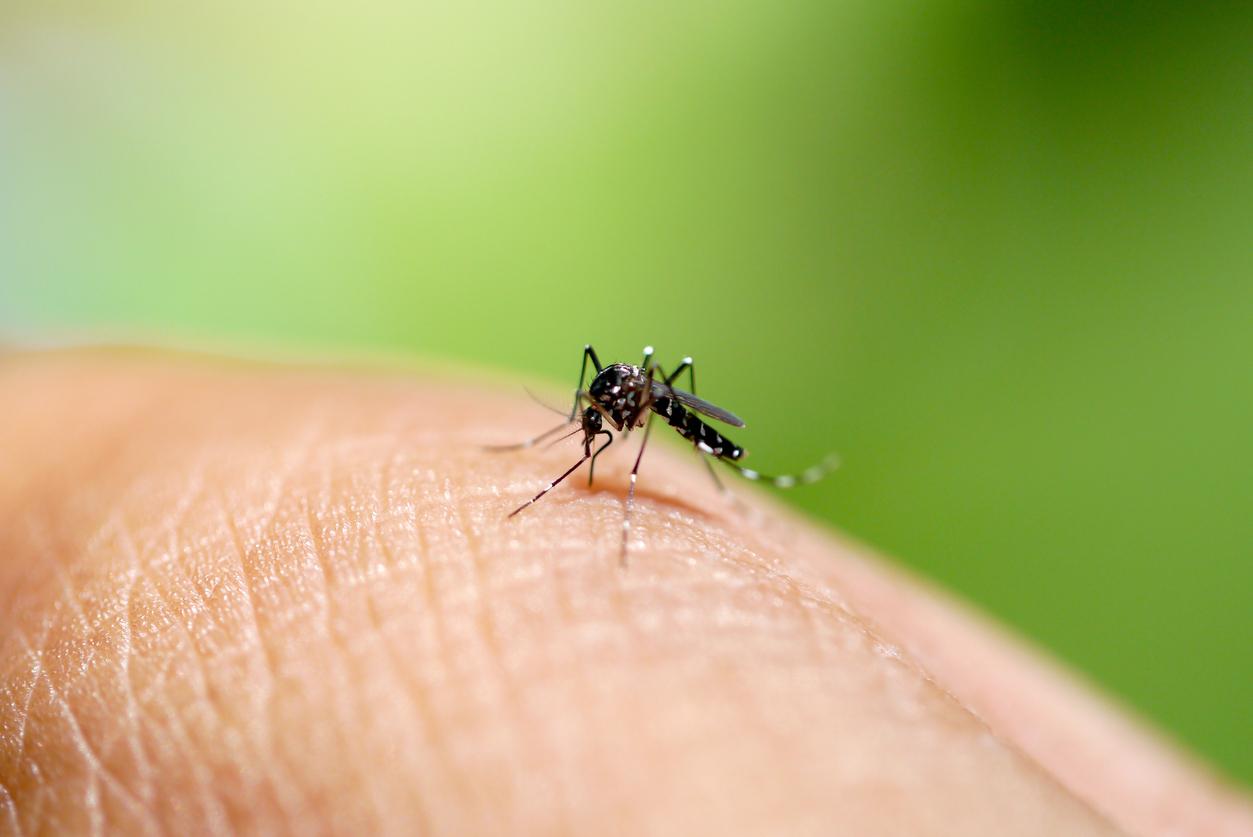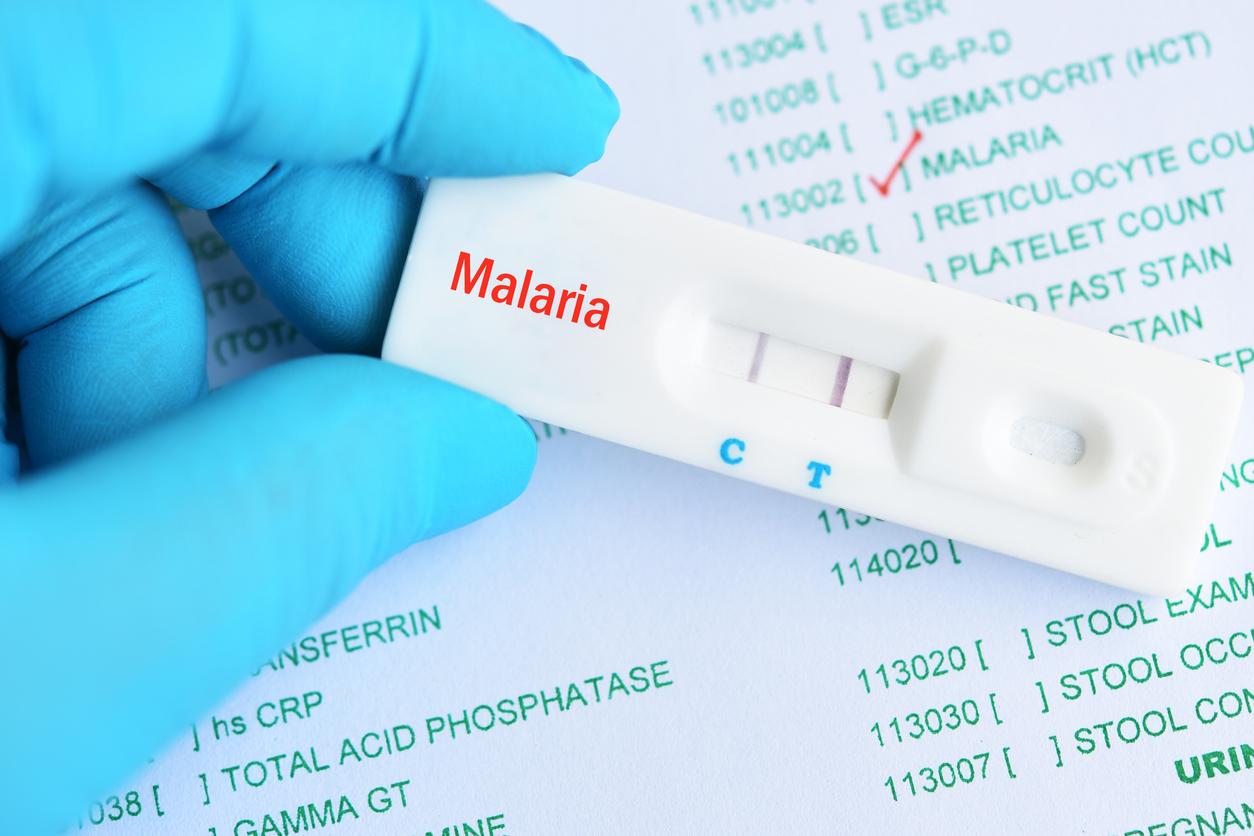Research on vaccines against malaria is progressing in Africa, in particular on R21 which is obtaining very good results in a clinical trial and could soon be approved by the WHO.

- In 2020, the WHO estimated that there were 241 million cases of malaria worldwide.
- The estimated number of deaths attributable to malaria stood at 627,000 in 2020.
In 2020, 95% of malaria cases and 96% of deaths from this pathology were recorded on the African continent, according to the World Health Organization (WHO). The health authority defines this “life-threatening human disease” as being “caused by parasites transmitted by the bites of Anopheles mosquitoes (a family of mosquitoes) infected females“.
Malaria vaccines are in development
It is possible to cure malaria but, for some people, a severe form can be very dangerous or even fatal. These are mainly children under 5, immunocompromised people, pregnant women, etc. “Since October 2021, WHO also recommends wide use of the RTS malaria vaccine, S/AS01 (whose trade name is Mosquirix) in children in areas with moderate to high transmission of P. falciparum malaria. Vaccine shown to significantly reduce malaria morbidity and mortality in young children”, can we read on the WHO website.
Recently, a study published in the journal Lancet Infectious Diseases, showed that a new antimalarial vaccine, called R21, was very effective, especially in the context of a booster. Like Mosquirix, this one destroys the sporozoite, that is to say the malaria parasite when it is transferred to humans through the mosquito bite. By acting early, the vaccine protects humans from infection.
To assess its effectiveness, the researchers studied data from more than 400 children between the ages of five and 17 months. They received a booster dose 12 months after receiving the first three doses of the vaccine. Thus, the researchers observed that the R21 vaccine protected them better than the Mosquirix.
The R21 vaccine is 75% effective against malaria
In detail, the results show that eight out of ten children who had this booster were not infected with malaria… It is therefore the first vaccine to achieve the objectives set by the World Health Organization, i.e. a minimum efficacy of 75% for 12 months in children.
Phase 3 of the clinical trial – still ongoing – includes 4,800 children aged 5 to 36 months who have been recruited from four African countries. The objective is to demonstrate the safety and efficacy of the vaccine, but no results have yet been published. If validated, the researchers believe that it could be approved and distributed as early as next year.
To guarantee a sufficient number of vaccines, scientists have already signed an agreement with the Serum Institute of India. The company is committed to manufacturing at least 200 million doses of R21 per year. For comparison, the laboratory responsible for Mosquirix has committed to producing 15 to 18 million doses per year until 2028.
The question of vaccinating children against malaria remains a major challenge because, according to the WHO, 80% of malaria-related deaths concern children under 5 years old.
















